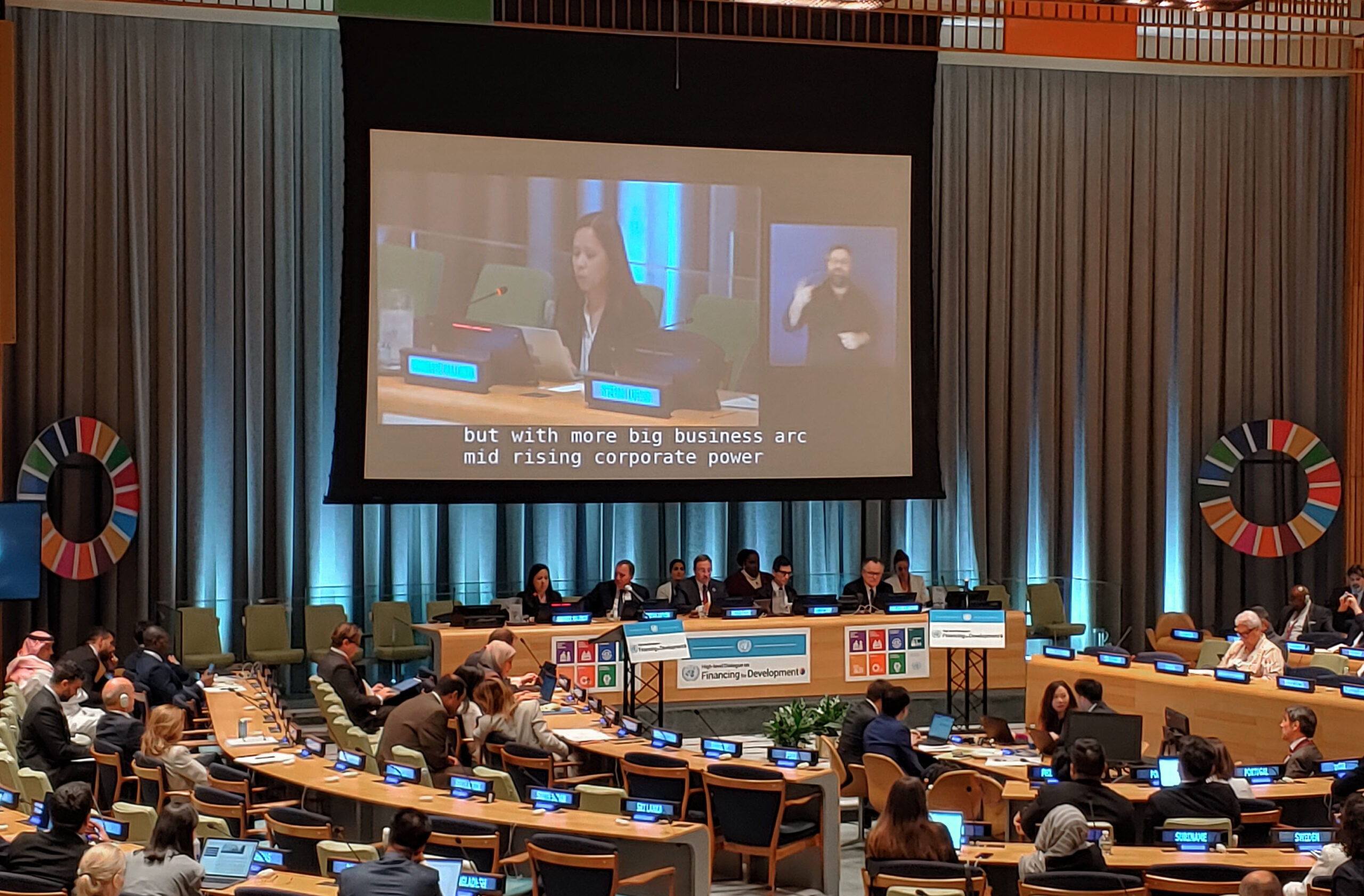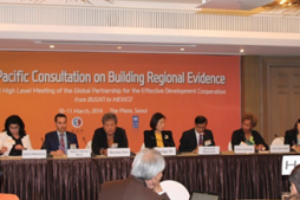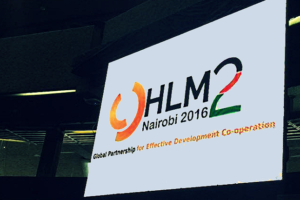On 20 September, IBON International Executive Director, Jennifer Malonzo, delivered an intervention as a Key Respondent in an interactive roundtable at the UN High Level Dialogue on Financing for Development. The said roundtable focused on “Innovative approaches and partnerships to boost private finance for the SDGs.” Below is the full text of Malonzo’s statement.
My organisation, IBON International, is part of the Civil Society Financing for Development (FfD) Mechanism and the Women’s Working Group on FfD.
Today, halfway into the 2030 Agenda, with the sustainable development goals (SDGs) needing to catch up, we are still relying on financing and actors that are failing people. We still hear that private finance capital needs to be unlocked as a primary source of financing sustainable development – after eight years of compromising development results and harming peoples’ rights. As the 2023 Financing for Sustainable Development Report and the Global Sustainable Development Report both show, business strategies bear the risk of “overclaiming and ‘SDG-washing.’“ Pandemic profiteering and the cost-of-living crisis have shown that big business maximises profits from suffering.
We are alarmed about rights harms in contexts of corporate activities. In the Philippines, two women activists working with coastal communities, aged 21 and 22, were disappeared in early September amid their advocacy against a Dutch dredging firm’s land reclamation project in Manila Bay, worth EUR 1.5 billion. When they were surfaced and freed yesterday, the young women maintain they were abducted by the Philippine military and signed documents under duress.
We are concerned that major multilateral development banks (MDBs) deploy a rhetoric of change only to serve an architecture of business-as-usual. In its evolution roadmap, the World Bank retains its Cascade approach of private finance de-risking. The Bank’s recently launched Private Sector Investment Lab claims to “reimagine new partnerships” with more big business leaders in a time of rising corporate power within global policy spaces.
We are worried that so-called innovation to boost private financing instrumentalises sustainable development for investor profits: from SDG and Environmental, Social, and Governance (ESG) bonds, to the “bankability” imperative in infrastructure, to Public-Private Partnerships. These come at the risk and expense of human and labour rights and ecological sustainability.
For us, true innovation as an engine for development means breaking from failed policy assumptions. An innovative approach today is about structural transformation. We need sustainable industrial policy that addresses peoples’ needs. We need to re-define the role of the public and private sectors to break from colonial patterns of investment and resource extraction, towards re-building domestic economies.
Public regulation and roles are basic elements. Establish capital controls, regulate finance especially shadow banking, review foreign investment incentives. Designate certain sectors, such as social services, as public ownership-only. Promote domestic reinvestment. Advance labour policies such as living wages and equal pay. Implement agrarian reform that breaks up land monopolies. Support community-led energy alternatives.
Transformative policies could be supported by taxing wealth and multinational corporations, and re-orienting public development banks to serve democratic interest. We call on governments to:
- Focus on democratically-determined public policies and planning for structural change, ensuring human and labour rights, corporate accountability, and financial regulation. Any private investment should be within such contexts.
- Declare a moratorium on funding or promoting PPPs and ‘private finance first’ approach until an independent review into their development outcomes is completed.
- Refrain from instrumentalising ODA as a mere catalyser of profit-seeking flows, and instead affirm the original mandate of aid in addressing poverty and inequalities.
We believe that the Financing for Development process should provide a platform against the corporate capture of the sustainable development agenda. We need the upcoming 4th UN International Conference on Financing for Development for policies and shifts that advance, in the end, peoples’ rights. #


